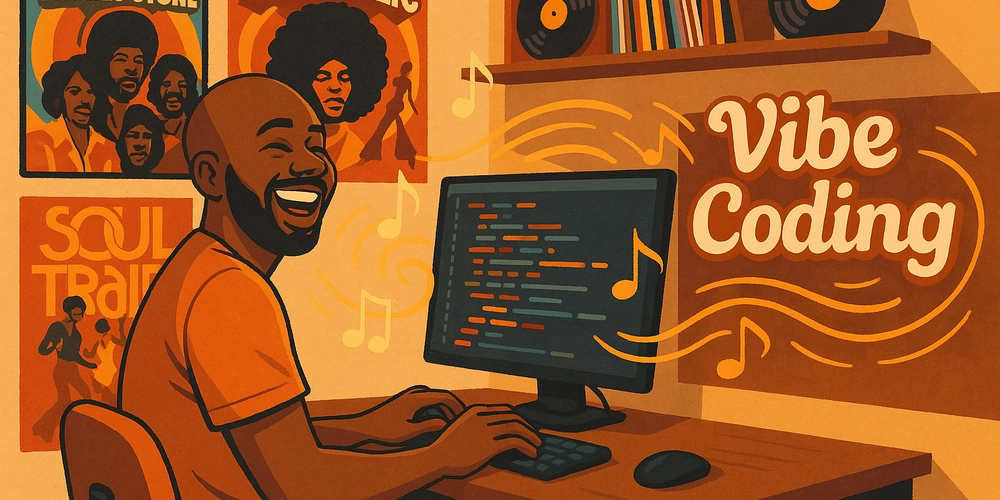How AI is Shaping Our Watching Habits
A New Era of Television Consumption Television and entertainment have undergone a massive transformation in recent years. Gone are the days when families would gather around a fixed schedule of shows on traditional TV channels. Today, we live in the era of personalized streaming, on-demand content, and smart recommendations. But behind all this convenience and customization is one powerful force: Artificial Intelligence (AI). AI is no longer just a buzzword—it’s quietly working in the background of almost every platform we use to watch content. From suggesting your next favorite series to helping streaming services decide what kind of shows to produce next, AI is shaping not only what we watch, but how we watch it. Recommendation Systems: Learning What You Like One of the most visible ways AI impacts our watching habits is through recommendation systems. If you’ve ever opened Netflix, YouTube, or even a TV app and found a series or movie that feels just right for your taste, chances are AI was behind that suggestion. These algorithms analyze everything from your viewing history to your watch time, pauses, rewinds, and even the time of day you tend to watch. Based on this data, they try to understand your preferences and serve you content that matches them. This kind of personalization changes the game. Instead of scrolling endlessly or sticking with what's familiar, viewers discover new genres, shows, or foreign content they wouldn’t have found otherwise. It breaks the old mold of scheduled programming and opens up a new world of discovery tailored to each user. Changing How Content Is Made But AI doesn’t just suggest content—it also influences what gets made in the first place. Streaming platforms and digital TV providers gather massive amounts of data from users, and this data helps producers understand what kind of content works best with specific audiences. From deciding whether to greenlight a new drama to determining the ideal episode length or even analyzing subtitles for international appeal, AI gives content creators valuable insights. This leads to more targeted, data-driven storytelling that has a higher chance of success. It’s also helping non-traditional creators rise. Independent filmmakers and smaller studios can now access tools that were once reserved for big production houses. With AI-powered editing, post-production tools, and even scriptwriting assistants, content creation is becoming more accessible—and diverse. Smarter User Interfaces Ever noticed how your app learns to highlight content you like right on the home screen? Or how your IPTV platform automatically switches to your favorite channel or continues your last show where you left off? AI plays a big role in improving how we interact with these services. It makes apps faster, smarter, and more responsive. Whether it’s voice control, personalized notifications, or better layout suggestions, AI is working quietly to make sure your experience feels smooth and intuitive. This also extends to content quality. AI is used to automatically adjust video quality depending on your connection, detect and correct audio sync issues, and even enhance older footage to HD or 4K resolution. So, even though you may not realize it, AI is constantly working to give you a better viewing experience. Real-Time Content Moderation and Translation Another area where AI is having a big impact is in moderation and accessibility. On platforms with user-generated content—like live TV chat functions or interactive apps—AI can filter out harmful language or spam in real time. It’s helping keep content safer and more family-friendly without the need for manual moderation. AI also powers automatic translation and subtitle generation. Whether you’re watching a Spanish football match, a Korean drama, or an Italian cooking show, subtitles in your preferred language are often generated with the help of machine learning models. This is especially important for international viewers who want access to foreign content without barriers. The Future of Viewing: Predictive and Adaptive Looking ahead, AI might play an even deeper role in shaping our habits. Imagine a platform that doesn’t just recommend content but schedules it based on your mood, calendar, or even your stress levels. With wearable tech and smarter devices, platforms could learn when you’re most relaxed and adjust the type of content it shows—whether it’s light comedies after work or intense dramas on the weekend. We’re already seeing experiments in interactive content where the story adapts to your decisions, and AI helps adjust the narrative in real time. It’s a blend of video games and TV, powered by the same algorithms that personalize your feed. A Balance Between Convenience and Control Of course, all of this comes with questions about privacy, control, and balance. AI learns from user behavior, which means it’s c

A New Era of Television Consumption
Television and entertainment have undergone a massive transformation in recent years. Gone are the days when families would gather around a fixed schedule of shows on traditional TV channels. Today, we live in the era of personalized streaming, on-demand content, and smart recommendations. But behind all this convenience and customization is one powerful force: Artificial Intelligence (AI).
AI is no longer just a buzzword—it’s quietly working in the background of almost every platform we use to watch content. From suggesting your next favorite series to helping streaming services decide what kind of shows to produce next, AI is shaping not only what we watch, but how we watch it.
Recommendation Systems: Learning What You Like
One of the most visible ways AI impacts our watching habits is through recommendation systems. If you’ve ever opened Netflix, YouTube, or even a TV app and found a series or movie that feels just right for your taste, chances are AI was behind that suggestion.
These algorithms analyze everything from your viewing history to your watch time, pauses, rewinds, and even the time of day you tend to watch. Based on this data, they try to understand your preferences and serve you content that matches them.
This kind of personalization changes the game. Instead of scrolling endlessly or sticking with what's familiar, viewers discover new genres, shows, or foreign content they wouldn’t have found otherwise. It breaks the old mold of scheduled programming and opens up a new world of discovery tailored to each user.
Changing How Content Is Made
But AI doesn’t just suggest content—it also influences what gets made in the first place. Streaming platforms and digital TV providers gather massive amounts of data from users, and this data helps producers understand what kind of content works best with specific audiences.
From deciding whether to greenlight a new drama to determining the ideal episode length or even analyzing subtitles for international appeal, AI gives content creators valuable insights. This leads to more targeted, data-driven storytelling that has a higher chance of success.
It’s also helping non-traditional creators rise. Independent filmmakers and smaller studios can now access tools that were once reserved for big production houses. With AI-powered editing, post-production tools, and even scriptwriting assistants, content creation is becoming more accessible—and diverse.
Smarter User Interfaces
Ever noticed how your app learns to highlight content you like right on the home screen? Or how your IPTV platform automatically switches to your favorite channel or continues your last show where you left off?
AI plays a big role in improving how we interact with these services. It makes apps faster, smarter, and more responsive. Whether it’s voice control, personalized notifications, or better layout suggestions, AI is working quietly to make sure your experience feels smooth and intuitive.
This also extends to content quality. AI is used to automatically adjust video quality depending on your connection, detect and correct audio sync issues, and even enhance older footage to HD or 4K resolution. So, even though you may not realize it, AI is constantly working to give you a better viewing experience.
Real-Time Content Moderation and Translation
Another area where AI is having a big impact is in moderation and accessibility. On platforms with user-generated content—like live TV chat functions or interactive apps—AI can filter out harmful language or spam in real time. It’s helping keep content safer and more family-friendly without the need for manual moderation.
AI also powers automatic translation and subtitle generation. Whether you’re watching a Spanish football match, a Korean drama, or an Italian cooking show, subtitles in your preferred language are often generated with the help of machine learning models. This is especially important for international viewers who want access to foreign content without barriers.
The Future of Viewing: Predictive and Adaptive
Looking ahead, AI might play an even deeper role in shaping our habits. Imagine a platform that doesn’t just recommend content but schedules it based on your mood, calendar, or even your stress levels. With wearable tech and smarter devices, platforms could learn when you’re most relaxed and adjust the type of content it shows—whether it’s light comedies after work or intense dramas on the weekend.
We’re already seeing experiments in interactive content where the story adapts to your decisions, and AI helps adjust the narrative in real time. It’s a blend of video games and TV, powered by the same algorithms that personalize your feed.
A Balance Between Convenience and Control
Of course, all of this comes with questions about privacy, control, and balance. AI learns from user behavior, which means it’s collecting and analyzing data constantly. Most platforms give users the option to manage what’s collected, but it’s important to stay informed about how these tools work.
That said, most viewers agree: when used well, AI makes watching TV easier, smoother, and more fun. It helps cut through the noise of endless content options and connects people with the shows they genuinely enjoy.
Final Thoughts
Artificial Intelligence is changing the way we watch TV—not just in small ways, but fundamentally. From what we watch to how we discover, enjoy, and interact with content, AI is now a key player in the entertainment world. It’s the invisible hand that curates, organizes, and enhances our viewing experiences.
As technology continues to evolve, we can expect our watching habits to evolve with it. Whether you're a casual viewer or a hardcore fan, AI is already helping shape your digital entertainment journey—whether you notice it or not.




















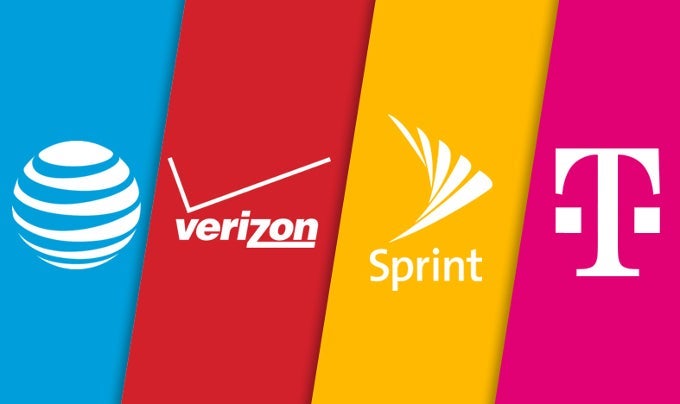






















![Mobile Legends: Bang Bang [MLBB] Free Redeem Codes April 2025](https://www.talkandroid.com/wp-content/uploads/2024/07/Screenshot_20240704-093036_Mobile-Legends-Bang-Bang.jpg)










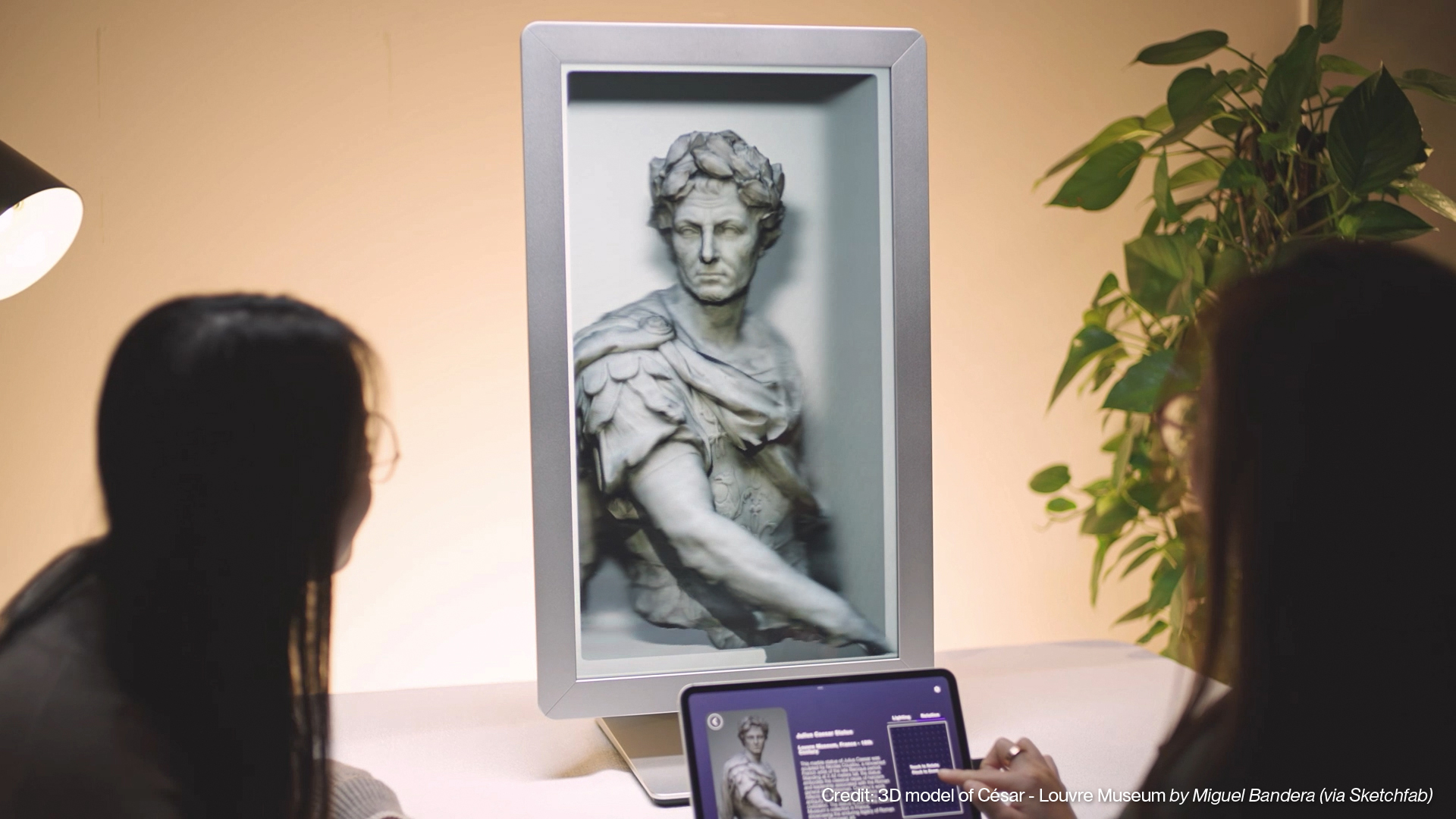

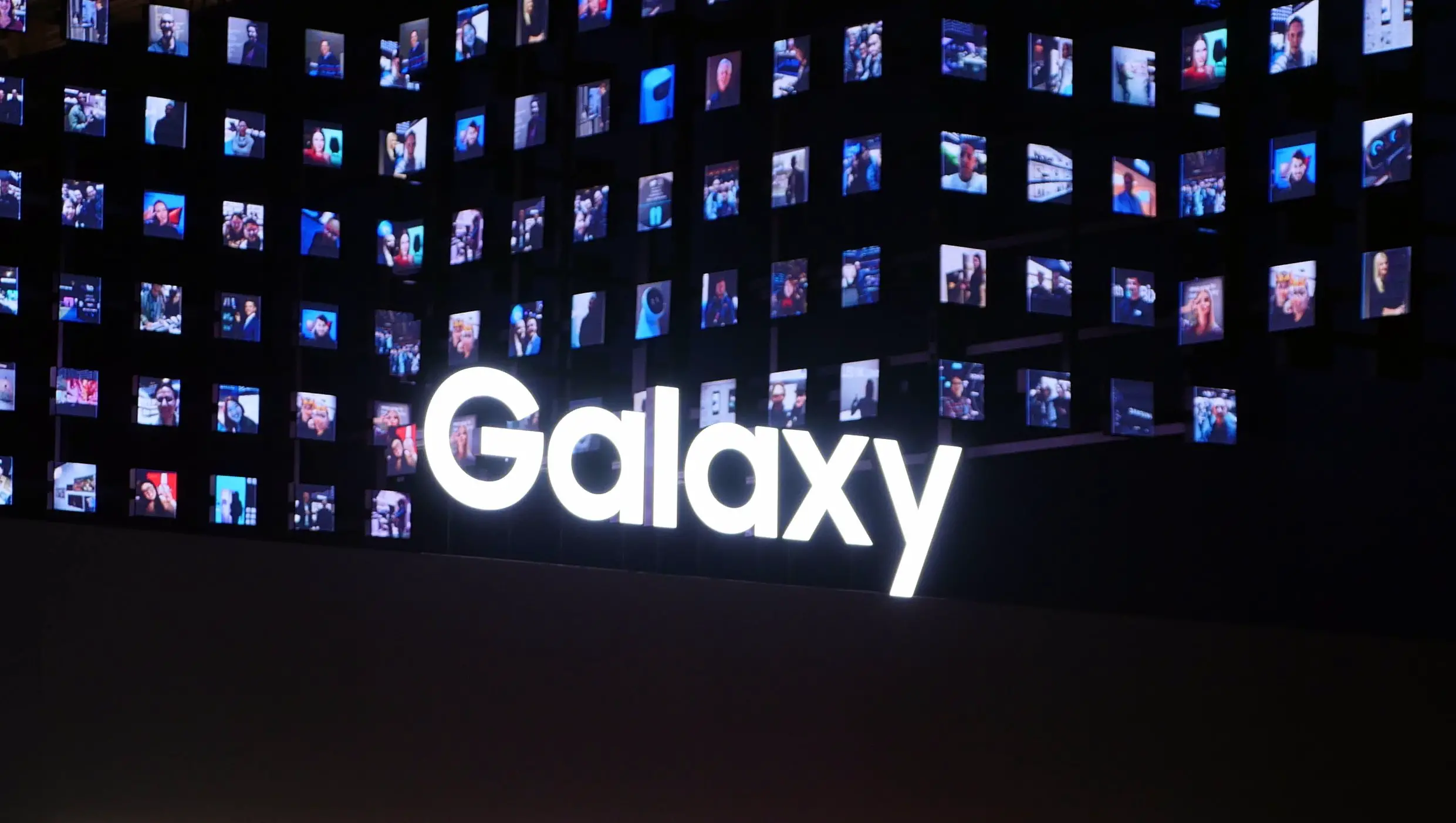











![Apple Shares Official Trailer for 'Long Way Home' Starring Ewan McGregor and Charley Boorman [Video]](https://www.iclarified.com/images/news/97069/97069/97069-640.jpg)
![Apple Watch Series 10 Back On Sale for $299! [Lowest Price Ever]](https://www.iclarified.com/images/news/96657/96657/96657-640.jpg)
![Apple Slips to Fifth in China's Smartphone Market with 9% Decline [Report]](https://www.iclarified.com/images/news/97065/97065/97065-640.jpg)














![What features do you get with Gemini Advanced? [April 2025]](https://i0.wp.com/9to5google.com/wp-content/uploads/sites/4/2024/02/gemini-advanced-cover.jpg?resize=1200%2C628&quality=82&strip=all&ssl=1)







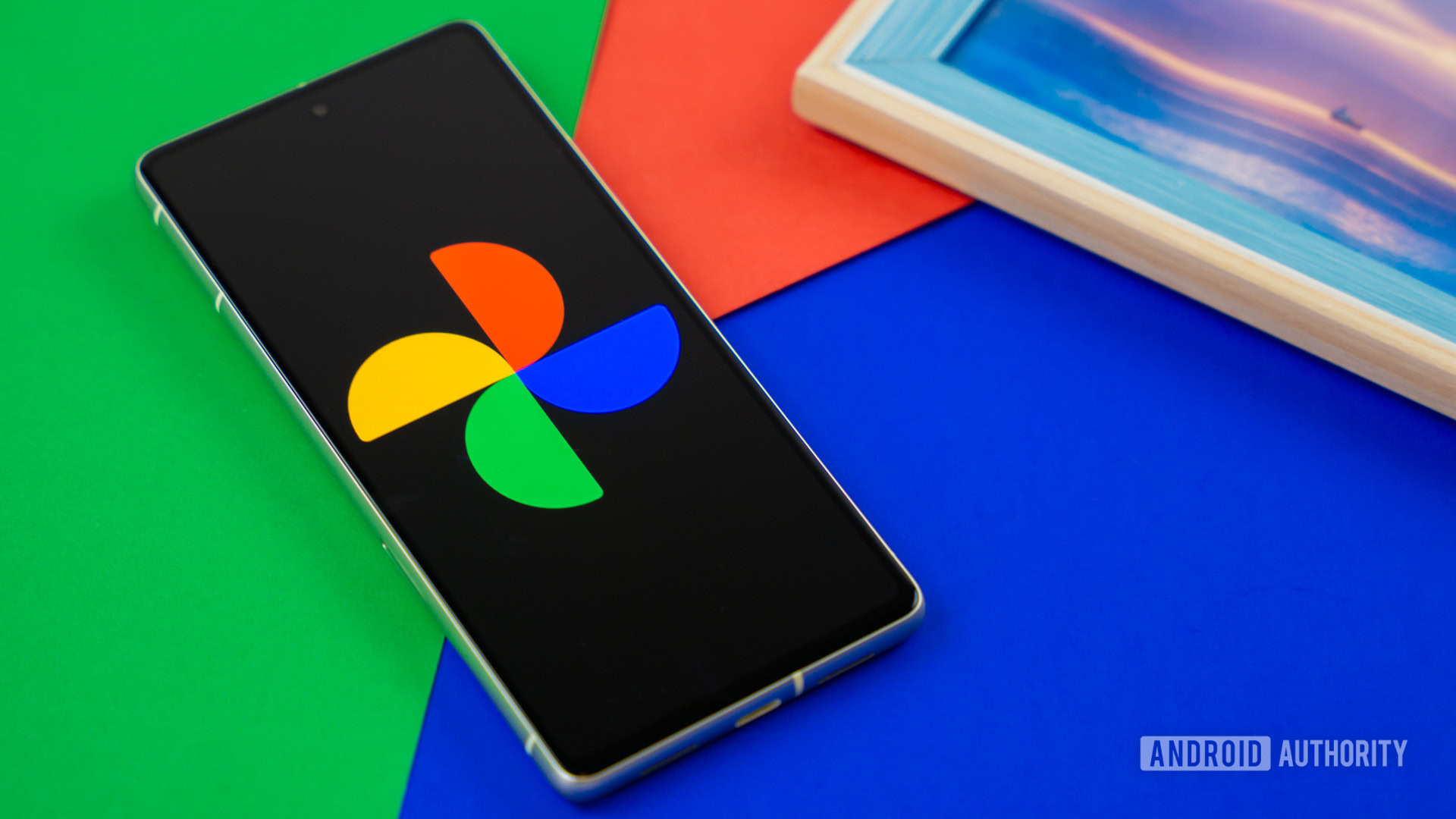























































































_Andreas_Prott_Alamy.jpg?width=1280&auto=webp&quality=80&disable=upscale#)




















































































![[The AI Show Episode 144]: ChatGPT’s New Memory, Shopify CEO’s Leaked “AI First” Memo, Google Cloud Next Releases, o3 and o4-mini Coming Soon & Llama 4’s Rocky Launch](https://www.marketingaiinstitute.com/hubfs/ep%20144%20cover.png)






























































































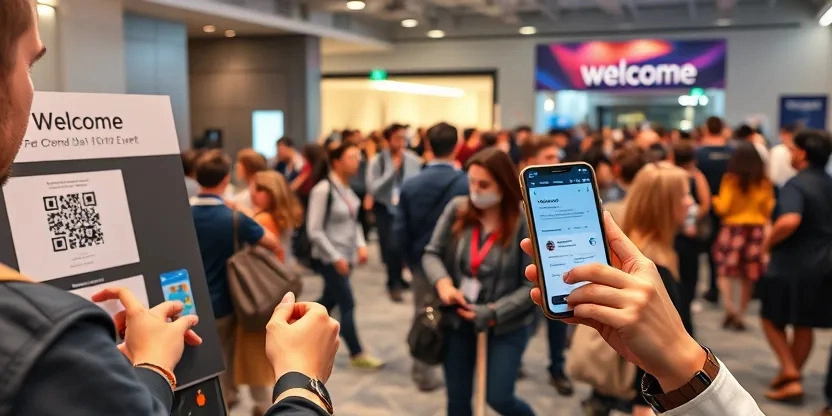


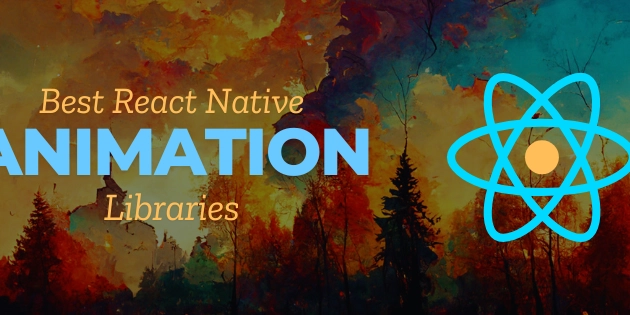











































![[DEALS] The All-in-One Microsoft Office Pro 2019 for Windows: Lifetime License + Windows 11 Pro Bundle (89% off) & Other Deals Up To 98% Off](https://www.javacodegeeks.com/wp-content/uploads/2012/12/jcg-logo.jpg)






















































































